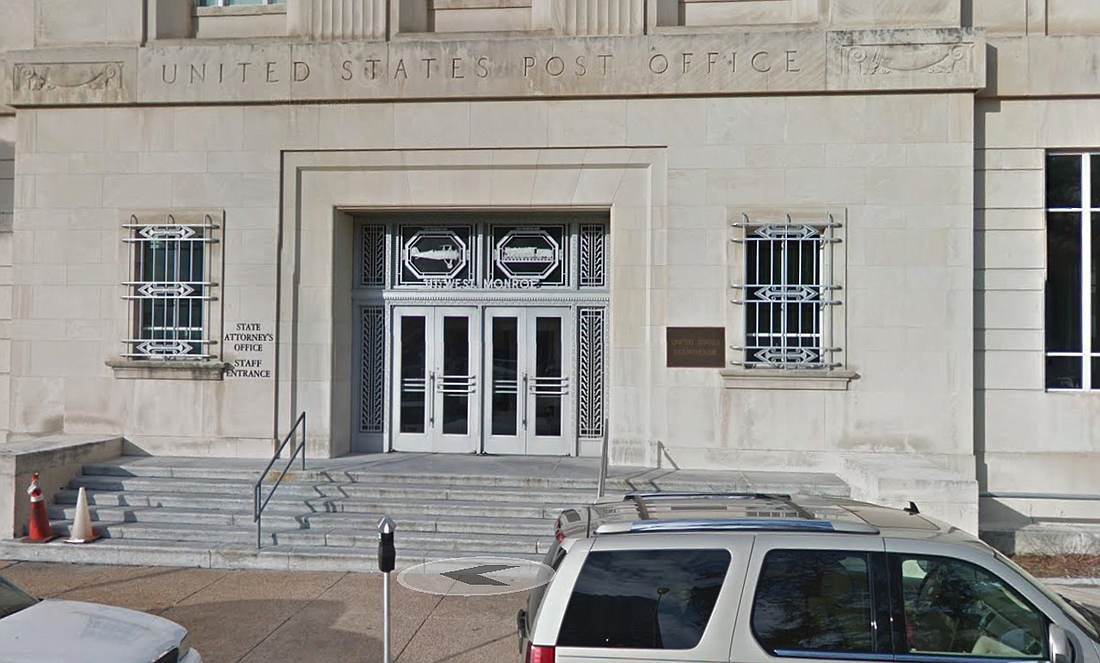
Jacksonville soon will have a high-tech firearm forensics facility.
The city issued a permit last week for the “Crime Gun Intelligence Center” at 311 W. Monroe St.
Acon Construction Co. Inc. is the contractor for the $705,200 build-out of 5,186 square feet on the first floor of the Ed Austin Building. It’s the former federal courthouse and U.S. Post Office that’s the headquarters of the State Attorney’s Office.
When complete, the space will house ShotSpotter, the gunfire detection and reporting system installed in some high-crime neighborhoods by the Jacksonville Sheriff’s Office.
The space also will be part of the National Integrated Ballistic Information Network. It’s a federal program that has developed a database of digital images of spent bullets and cartridge cases collected at crime scenes or test-fired from confiscated or recovered weapons.
The system identifies the unique markings made on a bullet and shell casing when a gun is fired and allows that data to be shared with other law enforcement agencies.
The network is managed by the federal Bureau of Alcohol, Tobacco, Firearms and Explosives. It has been shown in other cities to aid in the rapid apprehension and more effective prosecution of people who use firearms in the commission of crimes.
When it was announced in February 2017 that Jacksonville would be joining the network, State Attorney Melissa Nelson said her office uses bullet and shell casing evidence that’s processed by the Florida Department of Law Enforcement.
However, because of the state lab’s workload, the amount of time needed to evaluate evidence can slow the legal process.
It can take as long as 12 months for the state lab to provide data; the federal system can provide in as few as 48 hours, she said.
Sheriff Mike Williams said having the system would enhance the work being done through partnerships with federal law enforcement, including ATF, the FBI, the Drug Enforcement Administration and the U.S. Marshals Service.
Construction of office space for the center is funded by a $1 million appropriation included in the city’s 2017-18 budget.